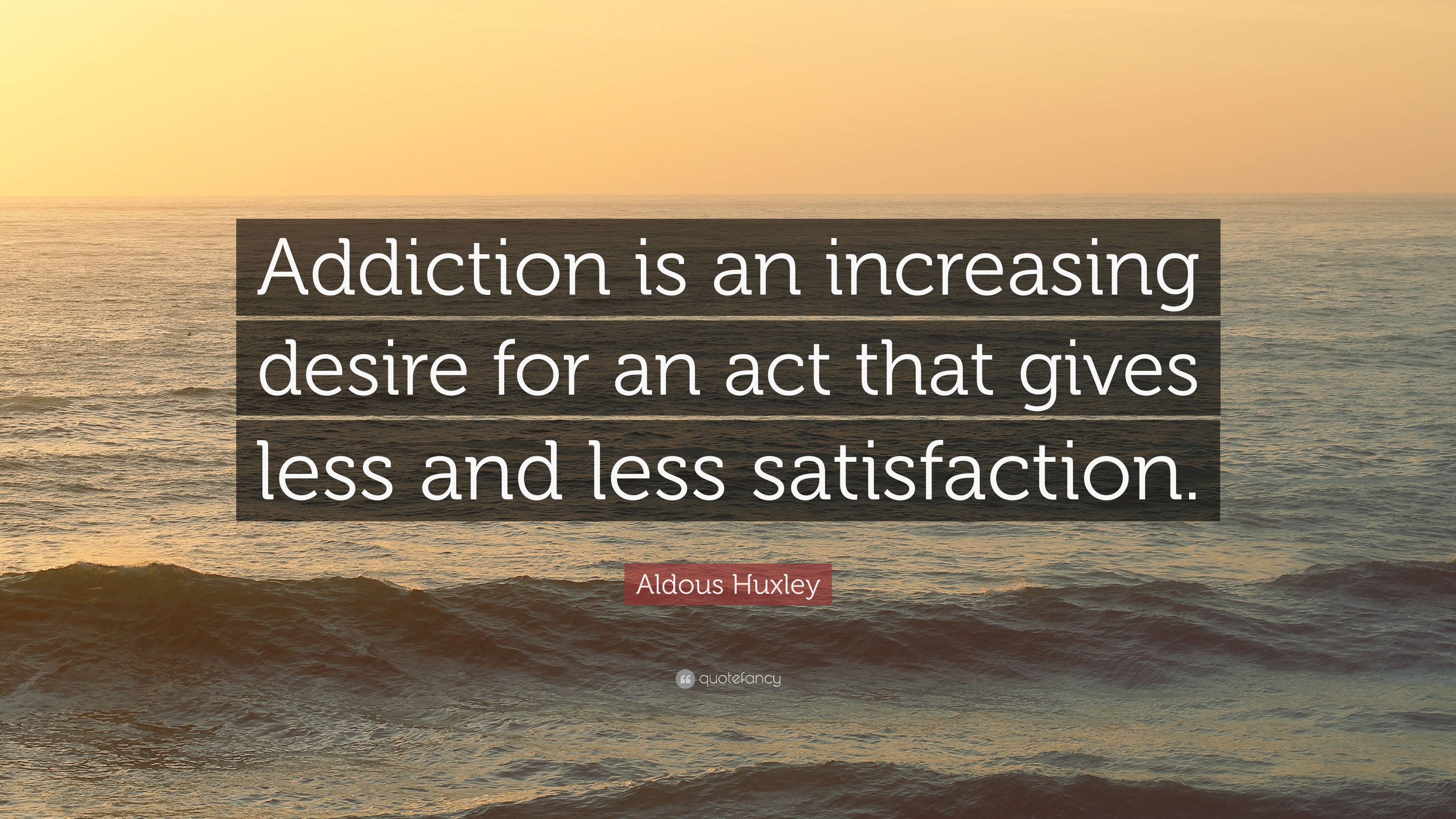What’s the first thing that came to your mind when you read out the title? Do you feel like there are certain behaviours that you just can’t do without?
I was thinking about how the human experience is essentially about continuously overcoming different forms of addiction. We tend to find something that stimulates us enough and hold onto it.
Whether it’s food, social media, attention, video games, watching series, smoking, coffee or even exercise. There seems to be an underlying psychological aspect to that distraction, despite the harm it has on us or those around us. I thought it would be interesting to have a Thinking Out Loud post to share my thoughts on this.

Distractions
If there’s anything we’re undoubtedly addicted to, it’s being distracted. Our attention is data, which is essentially a modern day currency. This doesn’t just speak to ads and social media, but every aspect of our life. The more we let our attention loose, the more likely we are to get distracted.
Here’s the interesting thing though, distraction is addictive because it means we don’t have to think about things that really matter. Notice the way you constantly have the urge to keep yourself busy, whenever you have a second to think for yourself. It’s during that period of stillness that we’re able to harness our full potential.

So if we’re addicted to being distracted, then how exactly do we deal with those obtrusive thoughts? The answer is to simply give our minds a safe space to let those thoughts out. The next time you notice that you’re trying to keep unnecessarily busy, ask yourself how you’re feeling at that given point.
Journalling tends to work wonders here. You essentially have to find a way to structure the chaos that’s going on in your mind. The more clearly you’re able to articulate your thoughts to yourself, the better you’ll be able to do the same thing with other people. Additionally, you would also free up bandwidth, which may help you focus on your specific tasks.
“You can’t remove habits, you can only replace them.”
I think that quote speaks incredibly well to the point I’m trying to make, especially in relation to the habits you’ve formed around being distracted.
Replace the numbing with vulnerability and allow yourself to feel. This will not only benefit you, but everyone around you too.
Short-term vs long-term
If you think about any addiction, there are typically consequences in the short-run and the long-run. The difficult thing is that it’s both pleasurable and painful (no such thing as good or bad, just our perception of things).
In the short-run, our addictions seem to give us a little dopamine boost. We hyper-stimulate our senses in some way. This feels great for a specific moment in time. However, the dependency we form becomes imbedded in us. We continuously re-wire the neurons in our brain for that fix. That makes it harder for us to find alternatives, to deal with our thoughts and emotions in the long-run.
“Live for the present like you’ll die tomorrow, plan for the future like you’ll live forever.”
In the long-run, we need to think about the cumulative effect of repeatedly pursuing that addiction. It’s essentially like thinking about the results we want to achieve from being consistent – similar to the way habits work.
It’s also convenient to ignore the fact that we do end up being addicted to certain things. We tend to keep ourselves in a mode of denial.
Denial
What’s always easier than doing the hard work? Ignoring the fact that there is work to do in the first place.
The diagram above displays the concept of The Johari Window. It speaks to the fact that there are four possible quadrants within our self-awareness. The shared self, hidden self, blind self and unknown self. We should strive towards being known to ourselves, on the left two quadrants; the shared and hidden self.
Being in denial is like forcing yourself to be in the right two quadrants; trying to make things unknown to yourself. The blind and unknown selves are where we need to put in the most work. This is because we want unveil what we’re blind to but others can see, and want to figure out as best as we can what we’re unknown to.
The points I’m trying to make here is that we’re always fending off different types of addiction. It seems an evitable aspect of life. We just need to keep our awareness up and constantly work on ourselves, to avoid falling into the unknown.

Actionable advice: Start with acceptance. Don’t deny the fact that are certain behaviours that you’d like to replace. After that, write down the reason why it’s important for you to do that and the impact it would have in the long-run. Note a plan of action and try your best to stay consistent with it.
Share your struggle with others and embrace being vulnerable. We’re all trying out best.


